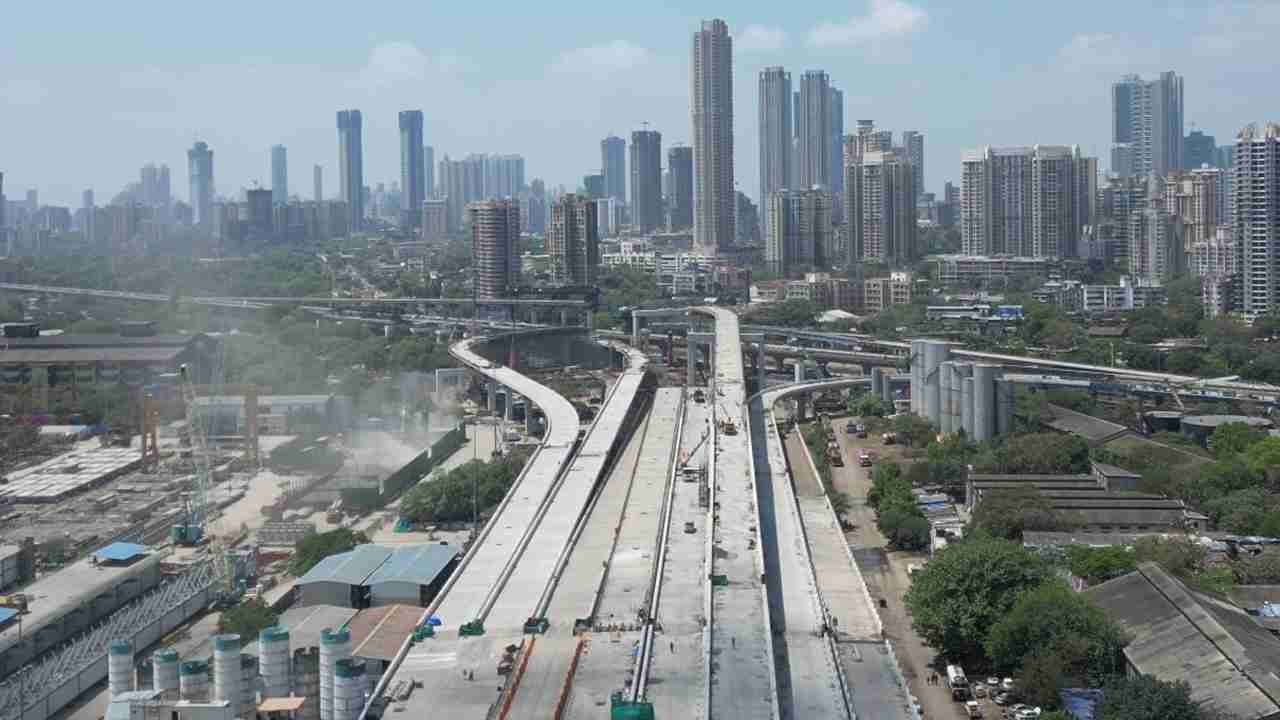The Indian Finance Ministry signed a $400 million policy-led loan agreement from the Asian Development Bank (ADB) to build high-quality urban infrastructure, improve service delivery and promote efficient governance systems.
The program also envisages integrated planning reforms, enhancing the entire ecosystem of legal, regulatory and institutional reforms to control urban sprawl and promote systemic and planned urbanization.
Sub-Programme 2 is the latest, which supports investment plans and reform actions in state and urban local bodies (ULBs). Sub-Programme 1, approved in 2021, created policies and guidelines to improve urban services at the national level. (level)

Juhi Mukherjee, Joint Secretary, Department of Economic Affairs, Ministry of Finance, and Takeo Konishi, Country Director of ADB’s India Resident Mission, signed the loan agreement for Sub-Programme 2.
Mukherjee said the program focuses on reforms aimed at making cities livable and hubs of economic growth through the creation of inclusive, resilient and sustainable infrastructure.
“Sub-programme 2 supports reforms initiated by states and ULBs in the implementation of the national flagship program of Atal Mission for Rejuvenation and Urban Transformation (AMRUT) 2.0 aimed at universal access to water supply and sanitation,” Konishi said.
The release said the sub-programme will meet the mission objectives of ensuring urban water security through reducing water losses, recycling of treated sewage for non-domestic use, rejuvenation of water bodies and maintaining sustainable groundwater levels. Supports.
ULBs will help cities become planned hubs of economic growth by modernizing building bylaws, land pooling, urban agglomerations and comprehensive urban mobility plans through transit-oriented development.
Such integrated planning processes will promote nature-based solutions, boost climate and disaster resilience, improve the urban environment and improve the financial sustainability of cities by generating more revenue.
Cities will be incentivized to become creditworthy through various reforms to increase property taxes and user fees (e.g. revenue), improve efficiency and rationalize expenditure.
Cities will go a long way in bridging the huge deficit in urban infrastructure investment through innovative financing such as municipal bonds, sub-sovereign debt, commercial borrowings and public-private partnerships, the finance ministry said.

